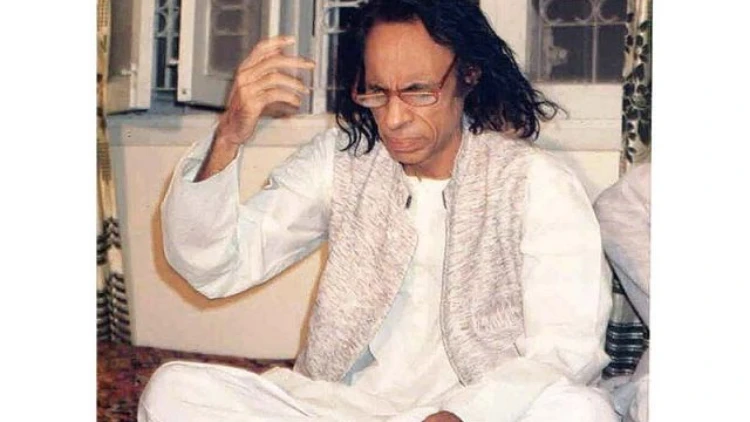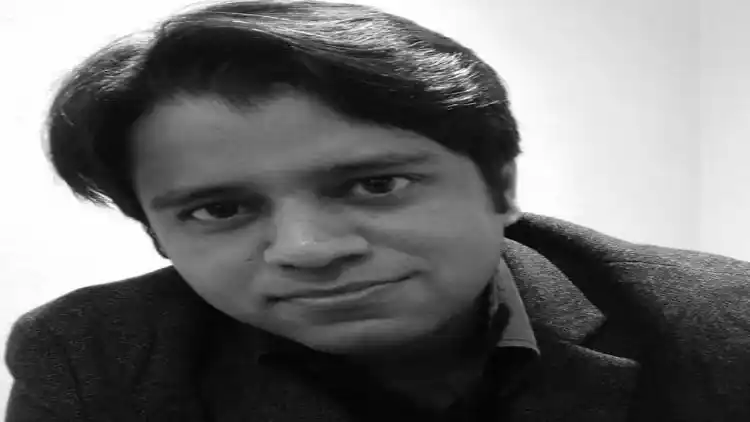
 Saquib Salim
Saquib Salim
During the last few months, I have noticed a debate in social media on the caste system among the Indian Muslims. While many Muslims, who identify themselves as Pasmanda (backward) publicly claim they have faced discrimination by Ashraf (Upper Caste Muslims) others deny the caste discrimination practices among the Muslims. Several social media users (muslims) claim they knew about the caste system only through social media.
Jaun Elia, one of the most prominent progressive Urdu poets of the last century, has written about the caste system among the Muslim society in the introduction to his first book, Shayad. Born at Amroha, U.P, in 1931, Jaun migrated to Pakistan in 1957. Throughout his life, Jaun was against the partition. In his view, the partition was a result of selfish politics of elite Muslims led by students of Aligarh. Like many others, who had migrated to Pakistan, his writings have a heavy element of nostalgia.
In the introduction of Shayad, Jaun takes his readers back in time to pre-partition India. He narrates his personal experiences to conjure images of the social, political and educational aspects of the society.
Regarding the Muslim society of 1940s, Jaun writes that his nostalgia doesn’t necessarily mean that it was an ideal one. Rather, it was a society on a decline. In Jaun’s view, what we recall as a Muslim society of that time was actually an ‘Ashraf society’ comprised of Syed, Sheikh, Mughal and Pathan. These four caste groups had access to education and wealth. That in turn meant that Ashraf controlled the economics. Ashraf, according to Jaun, considered backward, uneducated and working-class Muslims inferior and called them Ajlaf.
Ajlaf, lower caste Muslims, were considered the servants of Ashraf and discriminated against. As a result of social and political movements, an awakening was occurring amongst Ajlaf and they started asserting themselves. Ajlaf with educational institutions open for them and new economic opportunities were now challenging the Ashraf hegemony.
Jaun points out that while a majority of Ashraf supported the demand of Pakistan by Muslim League, a majority of Ajlaf remained nationalists, or against the partition. In his view the reason was that educated Muslims, who were mostly Ashraf, saw opportunities of getting better government posts in a Muslim country where they would not have to compete with educated Hindu government servants.
Ashraf, according to Jaun, were oblivious of the social change happening around them and would not accept the very reality of this age old caste discrimination. Jaun wrote a shair (couplet) to highlight this aspect of elite Ashraf society of those times;
Thay ajab dhyaan ke dar-o-divaar
Girte girte bhi apne dhyan me thay
(Edifices were made of weird concepts
They remained in those thoughts while falling down)
It should be pointed out that Jaun himself belonged to a Syed family, which had access to education and wealth. Yet, as an honest social commentator and poet he has highlighted a flaw in his own people.
Saquib Salim is a historian and a writer
